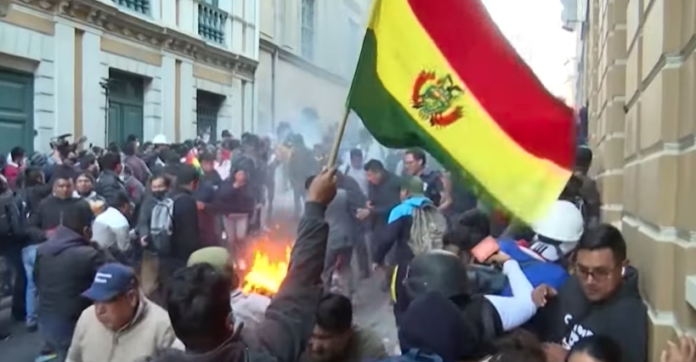by Magdy Zara
As is customary, this year the Sabores de Oaxaca Festival will also take place, in the heart of the wine region.
During this festival you can taste everything from traditional dishes to mezcal tastings and experience the best of Oaxaca without leaving California.
The invitation is for all family and friends, not to miss the opportunity to immerse yourself in the sights, sounds and flavors of the food and drinks of the culinary capital of Mexico.
The event is this Sunday, July 7 at Old Courthouse Square Santa Rosa, starting at 10 a.m., tickets are $30.
Danilo and his Universal Orchestra will perform at various locations in the Bay Area
The Nicaraguan composer, producer, percussionist and singer, Roger “Danilo” Páiz Pérez, has scheduled a series of presentations in different locations, to delight the public with his most recent compositions.
Danilo Paiz’s music is characterized by his romantic and reflective lyrics, in addition to having a great influence of jazz, which makes his compositions a true mix of what Afro-Latin-Caribbean music is.
In these presentations Danilo will be accompanied by Olga and her Universal Orchestra.
On Tuesday, July 9, they will be playing for Taco Tuesday, at Lake Chalet, located at 1520 Lakeside Drive in Lake Merritt in Oakland, starting at 5 p.m.
On Friday, July 12, the Universal duo of Danilo and Olga will perform at Main Streer Kitchen, located at 1358 N. Main Street in Walnut Creek, starting at 5 p.m.
On Sunday, July 14, starting at 6 p.m., they will be at Nonnis Bistro, located at 425 Main Street in Pleasanton.
On Sunday, July 21, Danilo and Orquesta Universal will have a performance at Mama Kin, located at 374 South First Street in San José.
Latin party in Alameda
Alameda is celebrating its third annual Latin Fiesta, featuring dancing, crafts, food, drinks, Latin culture and live music.
As you may know, Alameda has the local winery Building 43 Winery, which serves its delicious wines, craft beers from the Latin brewery Del Cielo Brewery, micheladas courtesy of Modelo and CA Draft Tech, and margaritas and more mixed with the award-winning Olmeca Altos and Codigo tequilas 1530 and all these delicacies will be available during this Latin festival.
The event will take place at Radium Runway (Taxiway at Alameda Point), located at 2151 Ferry Point, Alameda, which has unique views of the San Francisco Bay, from 12 noon to 8 p.m. next Sunday, July 21, 2024.
Cumbia Festival held: Vilma Díaz and Sonora Dinamita
The spaces of Stanford University serve as the stage for the Vilma Díaz and La Sonora Dinamita Cumbia Festival, which will also feature El Feeling, La Doña, DJ Wonway Posibul
Originally from Colombia, cumbia is a mix of sounds taken from indigenous, African and Spanish music.
This will be an opportunity for the whole family to do crafts, get their faces painted, have a photo booth, take cumbia dance classes and more. The dance floor will heat up with Vilma Díaz, outdoors at Stanford University’s wonderful Frost Amphitheater.
This festival will take place on July 21 at 5 p.m., at the Frost Amphitheater, located at 521 Memorial Way, Stanford.













